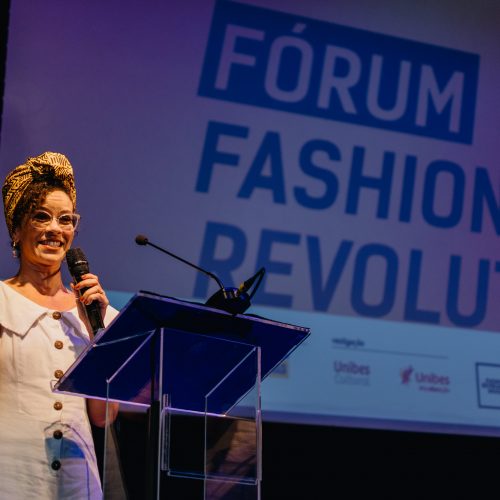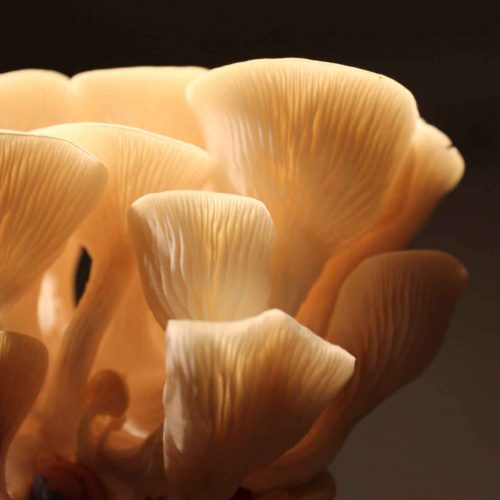What’s going on in sustainable denim?
With denim being one of the most worn and used items in any closet around the world for many years, one can wonder what is the impact of this international garment. On one hand it is a product made out of cotton, it is durable, comfortable and of course timeless. On the other hand there have been more and more articles and researchs around the world explore the impacts of this product and industry.
In the past years along side other sustainability related topics, like water there is a growing awareness to the negative impacts and the substantial environmental cost created by denim manufacturing.
Cotton is known to be a particularly thirsty crop, there are some estimations that it can take more than 20,000 litres of water to produce 1 kilogram of cotton. That's enough to make just one t-shirt and one pair of jeans! But in order to fit today's brands and consumers demands there is a need for much more cotton a year then what has been able to produce worldwide during 2018. It's the first year that the demand for cotton is higher then what was manufactured that year.
On top of the water issue connected to denim there are many other substantial enviromental costs like GMO'S seeds production that requires high usage of pesticides and chemicals which effect the health of the workers growing cotton and of course impacts the soil and the ground water. Another major problem is the high usage of synthetic chemical dyes and processes to achieve the cool washed look that denim has and has seen in stores all around the world. These dyes and processes use and pollute water and there are many evidences of rivers and lakes in producing countries like Bangladesh, China and India, for example, were these beautiful water sources become blue as a result of waste water full of chemicals being disposed to these natural sites.
Denim at a Glance
In the summer Neonyt edition (the global hub for fashion, sustainability and innovation) another focus was on the topic of denim. One panel presented by Textile Exchange specifically focused on the state of denim- from dirty washes to clean waters. In the panel there were Eliina Brinkberg from Nudie Jeans, Patrick Wendt from Jeanologia, Simon Giuliani from Candiani Denim, Besim Ozek from Bossa and Tricia Carey from Lenzing. All of them play different roles along the denim supply chain.
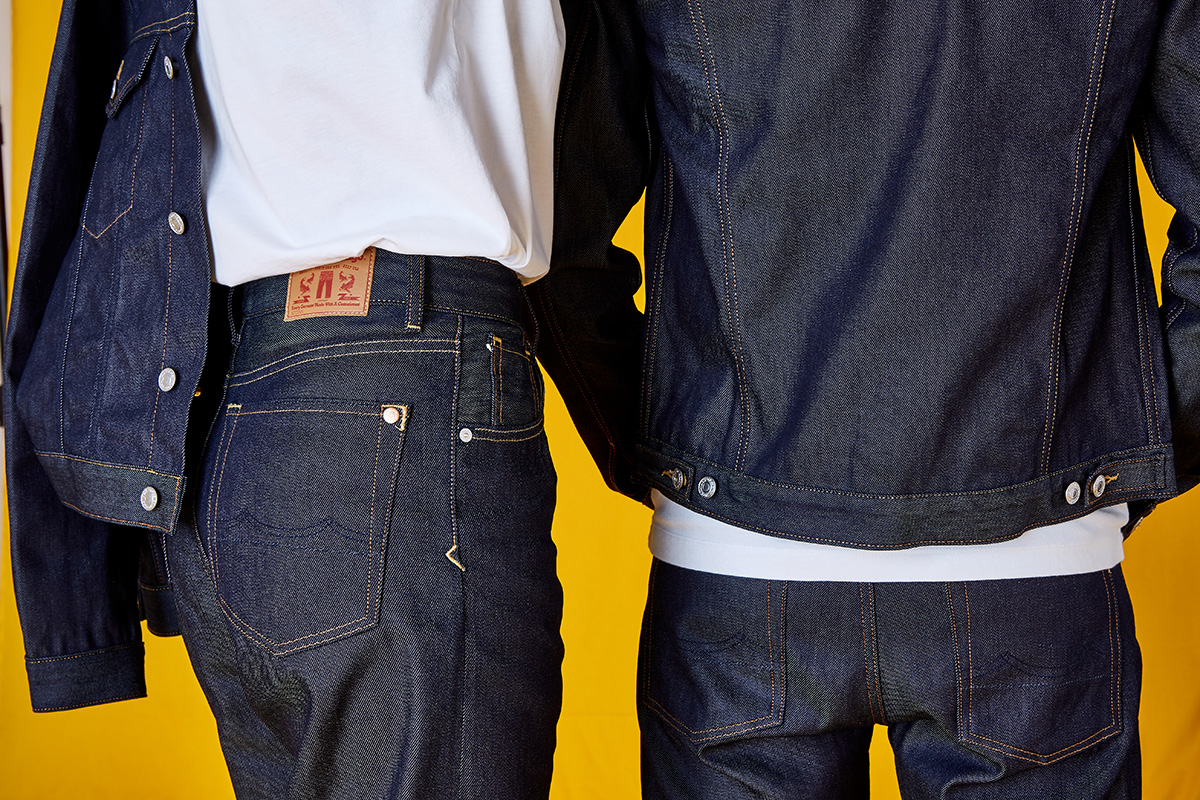
Spring Summer 2020 of ©Kings of Indigo in collaboration with ©Candiani Denim and ©Lenginz
All panel participants are part of a whole different supply chain moved by sustainable values and strategies. They are part of a different way of producing denim that is focused on collaboration with experts across the supply chain in order to solve some of the sustainable challanges and offer alternatives. For example Jeanologia, a company leading in sustainable and efficient finishing technologies for textile collaborated with Candiani Demin, a family business in Italy that is producing denim fibers and fabrics taking sustainability into account. In this collaboration the two comapnies suceeded to create a pair of denim with the same washing effect and appearance but without any water usage and chemicals reaching the same final outcome in aesthetic.
Bossa, a denim company based in Izmir, Turkey started recycling denim 13 years ago and created a material that Besim said it was so horrible they couldn't convience any client to use it. Now they are manufactoring 100% recycled denim that is as good quality as virgin cotton weaved into denim. Besim highlighted the importance of recycling because of the fact that many of the resources used today by the textile and fashion industries are diminishing and there is a need to take better care of them, prolong their life span and of course use the materials to the maximum extend.
Nudie Jeans is a Swedish sustainable denim brand founded in 2001. From this point on every year they tried to improve their sustainable production, actions and also communicate sustainable massages to consumers. The brand shares their philosophy of not washing the jeans so they would fit better to the body and minimize the water usage during the use phase of the product. Nudie Jeans also offers free repairs in their shops to their clients and even offer free repair kits so consumers would mend their jeans making each pair more special and create an emotional attachment to the product. In the past years the brand has been asking their consumers to send back any unwanted product so they could take responsibility for their impact and prolong the use of each textile piece.
Some of these "unwanted" products are being repaired in the shops and then being sold as second hand, some old denim are recycled and incorporated in new products. Some of these products are being upcycled in their stores- they are using the more basic pairs as patches and the more unique pairs as the main ones to be upcycled.
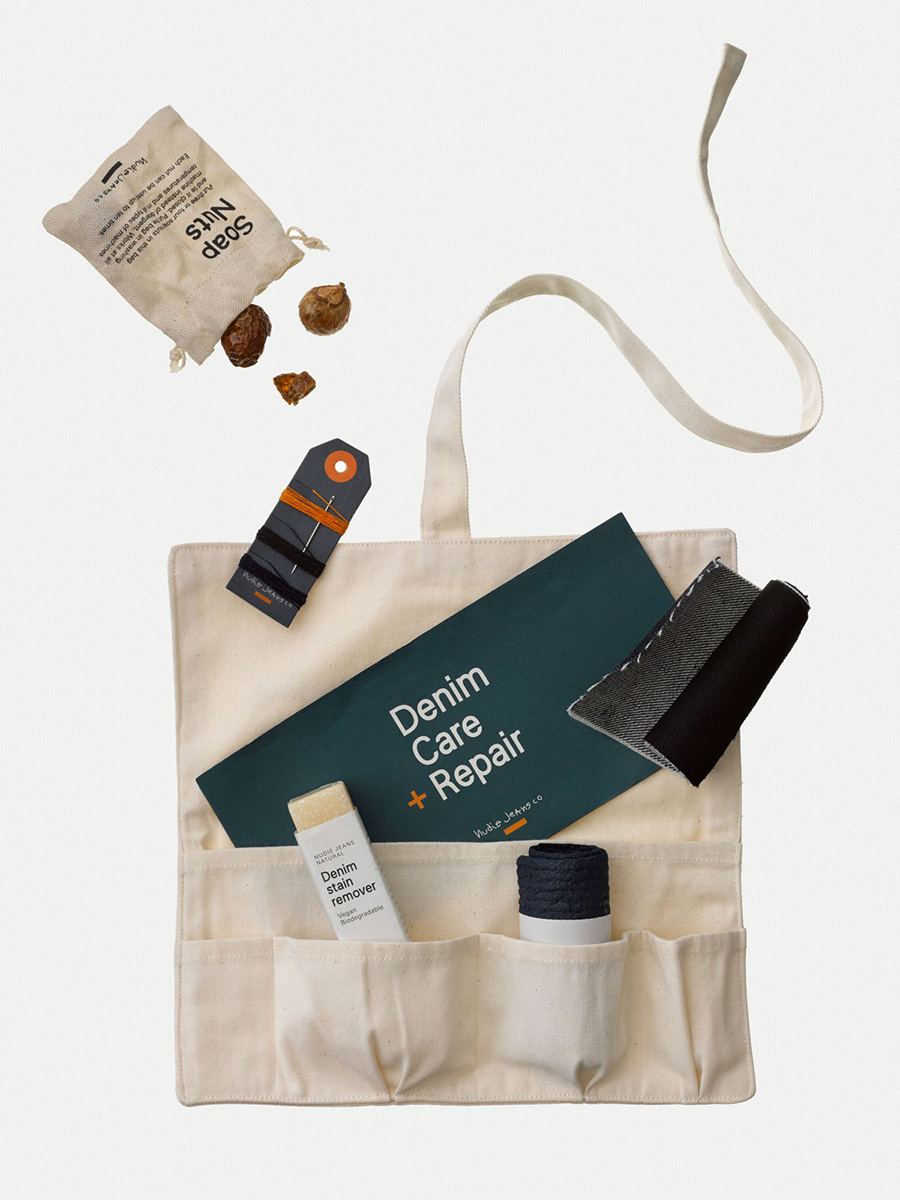
Repair kit by ©Nudie Jeans Co
Last year the company did a trial based on a strong advocating from one of the company employees that believed in reselling one of a kind denim that was made from different laftovers from the "unwanted" products they got and their own production waste. This project was a huge success, since they created denim pairs made from leftovers that already had some character and combined pieces together and also added special embroidery to create even more unique products. This series was sold out really quickly. Many consumers surveys researchs prove that the resell market would double in the next 4 years and even consumers are already reselling directly products they own but don't want them anymore.
The main aspect that needs to be taken into account when talking about the resell market is that the curation of the resold products needs to be appealing so these products don't look like they've been used, appearance is still one of the main aspects.
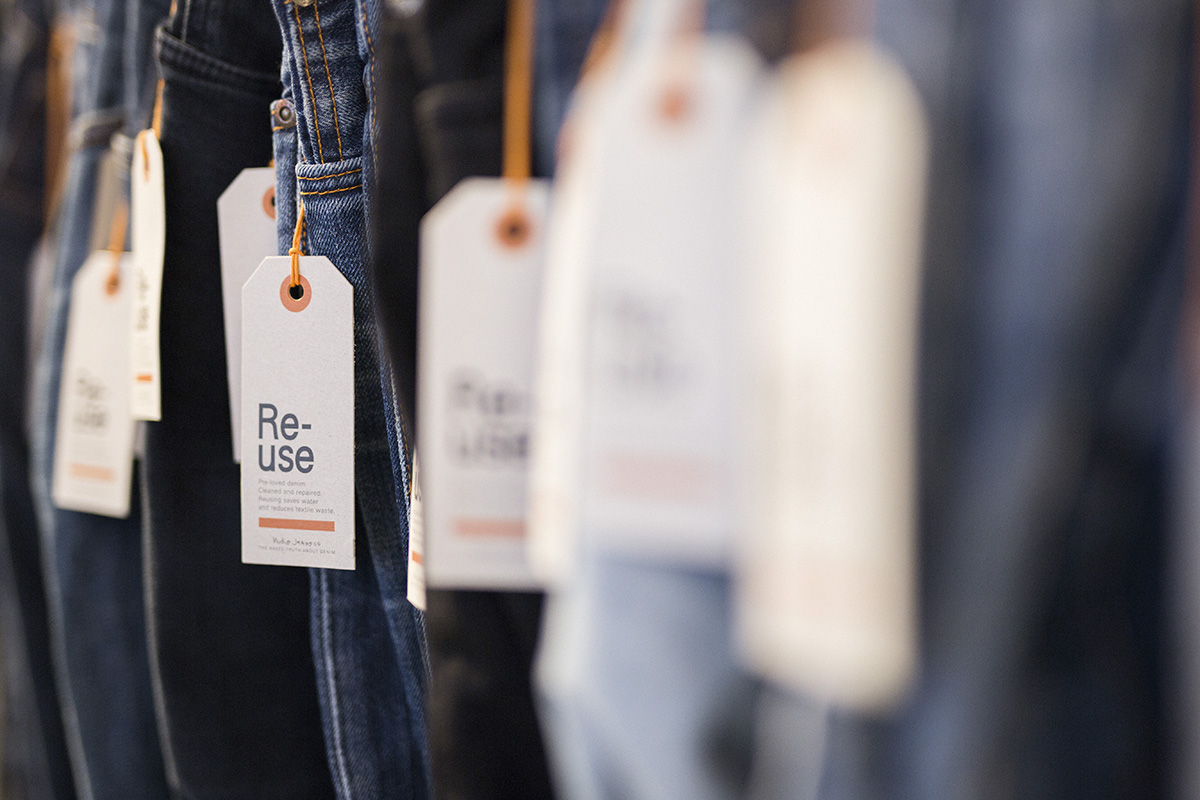
Resell display in Nudie Jeans store. ©Nudie Jeans Co
An unique collaboration between Candiani Denim, Lenzing and Kings of Indigo, a sustainable dutch brand really caught my eye. Re-Gen is a denim capsule collection contains no new cotton and also Fully recycled and sustainable trims – metals, pocketing and paper. The dyeing process for the Re-Gen is unique in itself as a result of these collaborations. Chitosan, a non-toxic and biodegradable source coming from mushrooms creates Denim Juice – a natural and clean dye. This technique ultimately reduces the consumption of water, energy solvents and land use. According to the brand Kings of Indigo, this collection exemplifies what the brand stand for. Combining the strengths of their partners, Candiani and Lenzing, they were able to create this innovative capsule denim collection made from 50% recycled fibers and 50% Refibra Lyocell.
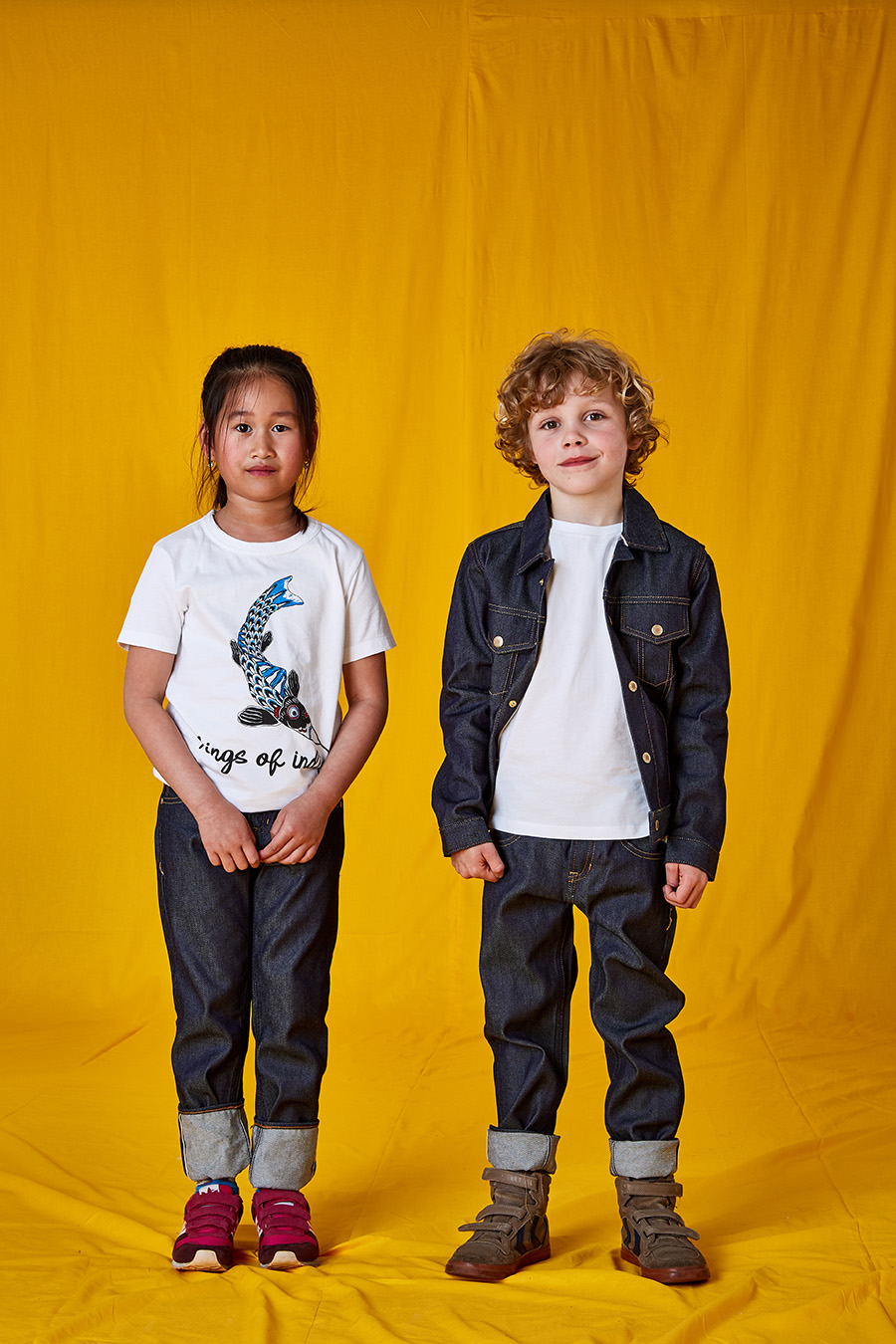
Spring Summer 2020 of ©Kings of Indigo in collaboration with ©Candiani Denim and ©Lenginz
Based on all of these great sustainable examples it is clear that the way to achieve a more responsible, transparent and respectful denim industry is while using creative forces while collaborating with cross industry experts.
+ info: Neonyt
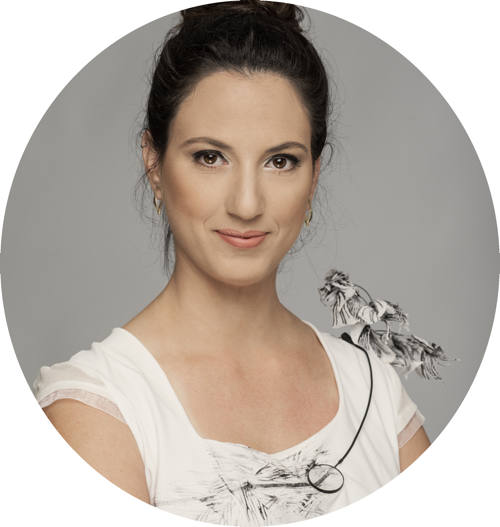
+ Words: Danielle Keller Aviram
Danielle Keller Aviram is a sustainable jewelry and fashion researcher, consultant and designer. She graduated an M.A focusing on sustainability in fashion at AMD Berlin after doing her B.A in jewelry and accessories design in "Shenkar" Tel Aviv. After her B.A she had her own international fine jewelry brand operating for 5 years.



